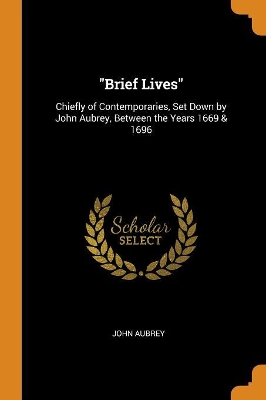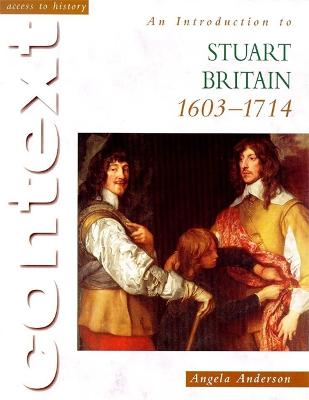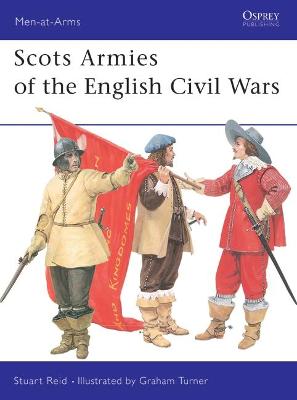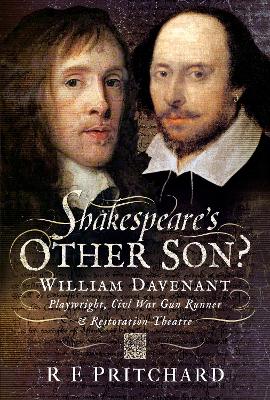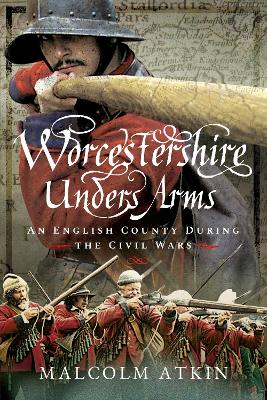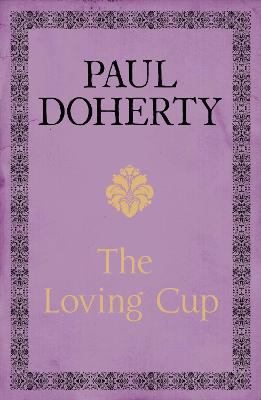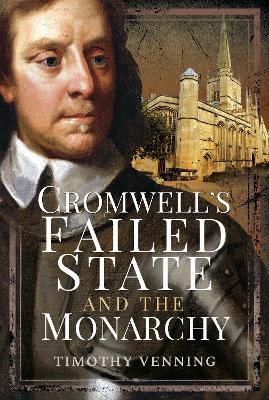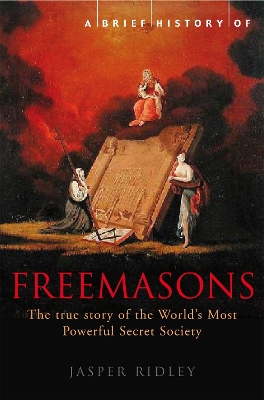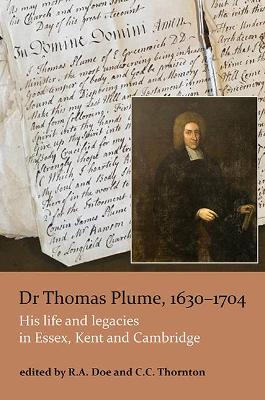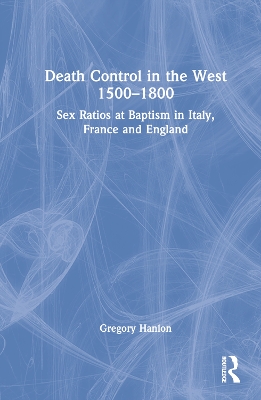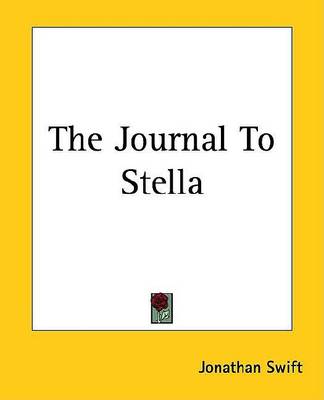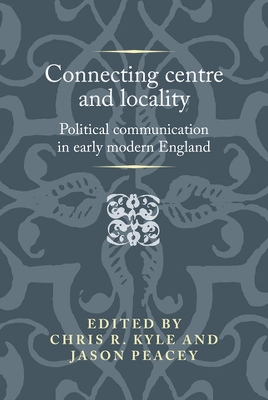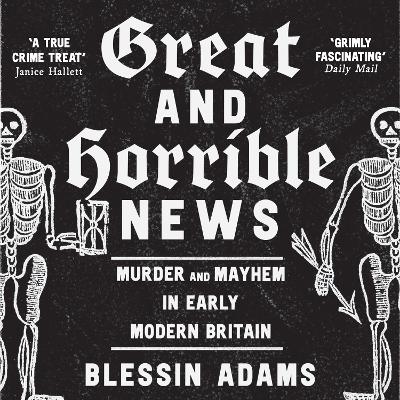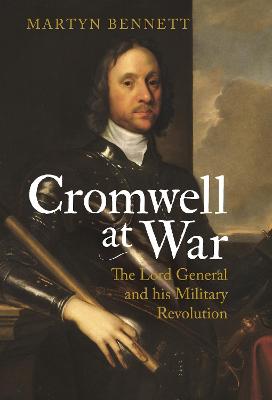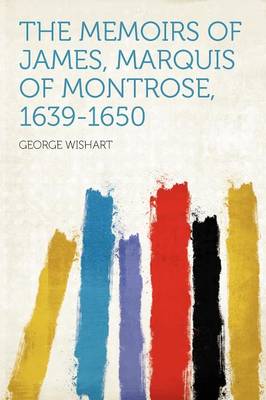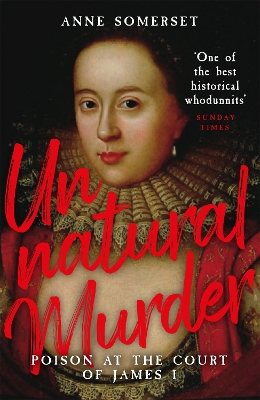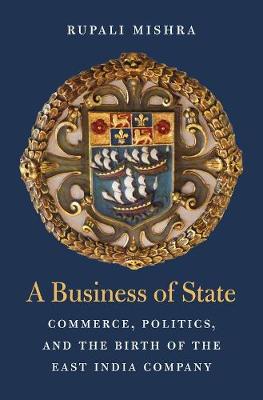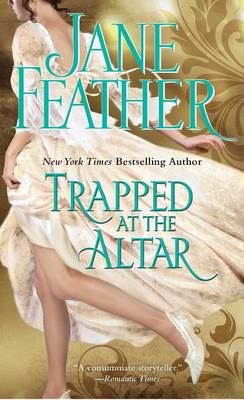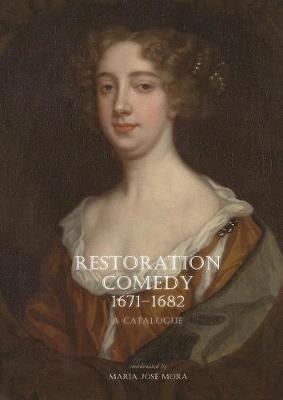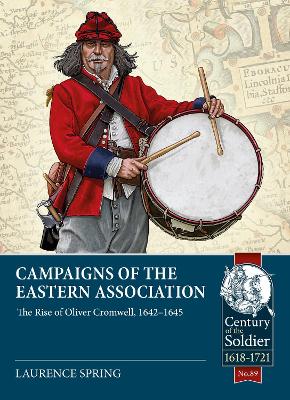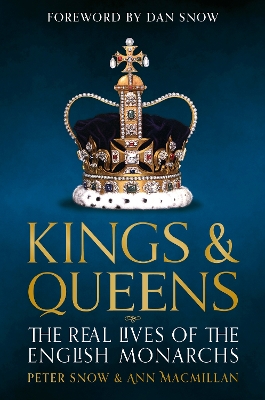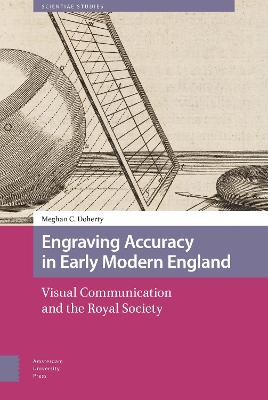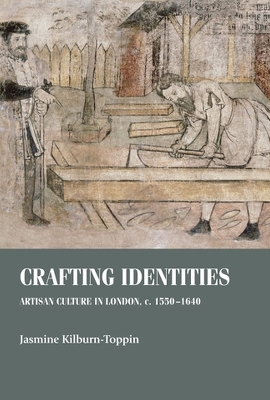John Aubrey's racy portraits of the great figures of 17th-century England stand alongside Pepys's diary as a vivid evocation of the period. Aubrey was born in 1626, the son of a Wiltshire squire; at the age of 26 he inherited a family estate encumbered with debt, and finally went bankrupt in the 1670s. From then on he led a sociable, rootless existence at the houses of friends - from Oxford and the Middle Temple -pursuing the antiquarian studies which had always obsessed him. At his death in 169...
An Introduction to Stuart Britain, 1610-1714 (Access to History Context)
by Angela Anderson
Ensure your students have access to the authoritative and in-depth content of this popular and trusted A Level History series. For over twenty years Access to History has been providing students with reliable, engaging and accessible content on a wide range of topics. Each title in the series provides comprehensive coverage of different history topics on current AS and A2 level history specifications, alongside exam-style practice questions and tips to help students achieve their best. The s...
Scots Armies of the English Civil Wars (Men-at-Arms, #331)
by Stuart Reid
In the summer of 1642 the First Civil War between king and parliament had broken out in England. Initially both sides were confident of victory, but after the first campaigns ended in stalemate they began looking for allies. The meddling of the Stuart Kings with Scotland's religious traditions provoked the National Covenant, and later the Solemn League and Covenant. Yet many Scots continued to support the King, and after his execution, his exiled son.This fine text by Stuart Reid examines the Sc...
Sir William Davenant (1606-1668) was in his time widely known as 'Davenant the Poet'. The son of an Oxford vintner (or quite possibly the natural son of his godfather, William Shakespeare), he wrote poems for and about the Court of Charles I, and, despite losing his nose to mercury treatment for the clap, which other people thought funny, went on to replace Ben Jonson as Poet Laureate and collaborate with Inigo Jones in composing spectacular Court masques, as well as writing many successful play...
A ground-breaking new history of the English Civil War in Worcestershire which looks at the experience of local men who were recruited into the Royalist and Parliamentarian armies. The author gives a fascinating account of how the armies were raised, maintained and equipped, and he records how major events in the Civil War across England affected the county. In addition, he includes extensive and revealing extracts from contemporary documents. The result is an authentic inside view of the impact...
An impossible love. A grisly murder. A hunt for justice.Paul Doherty's novel The Loving Cup, brings Restoration London to raucous life amid a compelling love story and murder mystery. Perfect for fans of Philippa Gregory and Jean Plaidy. Samuel Atkins is deeply in love with Maria Eleanora, a beautiful young woman from the court of Queen Catherine. But Atkins is a poor clerk, and Maria Eleanora a foreigner, so their love must remain a secret. When an important judge is found murdered, Samuel Pepy...
Regicide, military dictatorship, war and rumours of war, opposition from all sides and collapse of a 'failed state': such is the story of Oliver Cromwell's unique experiment in the governance of Britain, following the English-British Civil Wars. The British state of the Three Kingdoms of England, Scotland and Ireland were united in the Protectorate, with Cromwell as Lord Protector, 1649 to 1660, but collapsed under the weight of huge turbulence and problems from all sides - political and religio...
The history of the Freemasons has often been shrouded in mystery and suspicion. Since 1717, with the establishment of the Grand Lodge in London, the Freemasons have been a power within the nation, withstanding public disapproval and attacks, from the Catholic Church among others. Throughout the last three hundred years, the Freemasons have been influential in some of the most important turning points in world history. Jasper Ridley explores the role of the society in both the American and French...
Dr Thomas Plume, 1630-1704
Dr Thomas Plume, born in Maldon in Essex in 1630, is remembered today for the many bequests he left which established important scientific, religious and cultural charities. Still operational today are the Plumian Professorship of Astronomy at Cambridge University, the Plume Library at Maldon and the Plume Trust for poor clergy in the Diocese of Rochester. This volume provides the first comprehensive account of the life, work and philanthropy of Plume. Educated at Chelmsford Grammar School and C...
Employing a rigorous methodological approach and analysing a vast body of sources from towns and regions in Italy, France and England over 300 years, this book hints at the extent of ‘routine’ infanticide of newborns by married parents in early modern Europe, ignored by contemporary tribunals. Death Control in the West 1500–1800 examines baptismal registers and ecclesiastical censuses across a score of communities in Catholic and Protestant Europe. Married women had little reason to hide their...
The Journal to Stella (The prose works of Jonathan Swift, Vol 16) (The prose writings of Jonathan Swift, Vol 15)
by Jonathan Swift
The Journal to Stella, Jonathan Swift's letters to Esther Johnson, or 'Stella', and Rebecca Dingley, written between September 1710 and June 1713, offers an extraordinary commentary on Swift's experiences in London during the most politically active and exciting years of his career and evidence of his evolving relationship with the two women. This edition seeks for the first time both to situate the letters alongside Swift's other works and to place them within their original political, historic...
Connecting Centre and Locality (Politics, Culture and Society in Early Modern Britain)
This collection explores the dynamics of local/national political culture in seventeenth-century Britain, with particular reference to political communication. It examines the degree to which connections were forged between politics in London, Whitehall and Westminster, politics in the localities and the patterns and processes that can be recovered. The goal is to create a dialogue between two prominent strands in recent historiography and between the work of social and political historians of t...
Martyn Bennett here provides the first military biography of Cromwell in the context of the seventeenth century Military Revolution. After commanding a small troop in 1643 and, without prior military experience, Cromwell rose to lead the cavalry regiments of the Eastern Association Army and the New Model Army to final victory at Worcester in 1651 and sealed the victory of the Parliamentary forces in Ireland and Scotland, becoming Lord General in 1650. Martyn Bennett analyses Cromwell's military...
Unnatural Murder: Poison In The Court Of James I
by Lady Anne Somerset
Royal scandal, set against the background of the Jacobean court, involving love, bribery, poison, treachery and black magic - 'a hugely enjoyable book' Daily Telegraph'A gripping detective story ... Wonderfully dramatic ... Probably the juiciest court scandal of the past 500 years' Daily MailIn the autumn of 1615 the Earl and Countess of Somerset were detained on suspicion of having murdered Sir Thomas Overbury. The arrest of these leading court figures created a sensation. The young and beautif...
At the height of its power around 1800, the English East India Company controlled half of the world's trade and deployed a vast network of political influencers at home and abroad. Yet the story of the Company's beginnings in the early seventeenth century has remained largely untold. Rupali Mishra's account of the East India Company's formative years sheds new light on one of the most powerful corporations in the history of the world.From its birth in 1600, the East India Company lay at the hear...
Ariadne Daunt has vowed to be with the man she loves, Gabriel Fawcett. There's just one obstacle. On his deathbed, Ari's grandfather decrees that she marry her childhood friend Ivor Chalfont, thus forging a powerful alliance between the two warring families. Giving Ari no time to protest, the elders plan her wedding the next day, forcing her to follow through on the nuptials. Though she is fond of Ivor, Ari has no intention of consummating their marriage--until he kindles an intoxicating desire...
Campaigns of the Eastern Association (Century of the Soldier)
by Laurence Spring
Historians and broadcasters Peter Snow and Ann MacMillan introduce the most powerful men and women in English, and later British, society. Opening with the reign of King Alfred, during which the foundations of the nation were laid, The Kings and Queens of England introduces the monarchs who have ruled through personal and political strife, triumph, war and peacetime. Snow and MacMillan offer a unique insight into the waxing and waning fortunes of these formidable rulers, from those such as dev...
Engraving Accuracy in Early Modern England (Scientiae Studies)
by DR. (ENG) Meghan Doherty
Engraving Accuracy in Early Modern England traces major concepts including: the creation of the visual effects of accuracy through careful action and training; the development of visual judgment and connoisseurship; the role of an epistolary network in the production of knowledge; balancing readers’ expectations with representational conventions; and the effects of collecting on the creation and circulation of knowledge. On the one hand, this study uncovers how approaches to knowledge productio...
Crafting identities explores artisanal identity and culture in early modern London. It demonstrates that the social, intellectual and political status of London's crafts and craftsmen were embedded in particular material and spatial contexts. Through examination of a wide range of manuscript, visual and material culture sources, the book investigates for the first time how London's artisans physically shaped the built environment of the city and how the experience of negotiating urban spaces imp...
